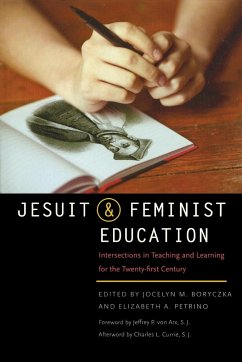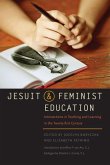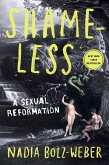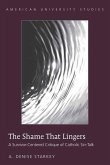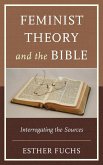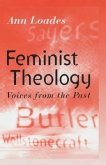Given its long tradition of authentic dialogue with other religious and philosophical perspectives, Jesuit education is uniquely suited to address the range of opportunities and challenges teachers and students face in the twenty-first century. At first glance, Jesuit and feminist ways of understanding the world appear to be antagonistic approaches to teaching and learning. But much can be gained by focusing on how feminism, in dialogue with Jesuit education, can form, inform, and transform each other, our institutions, and the people in them. Both traditions are committed to educating the whole person by integrating reason and emotion. Both also argue for connecting theory and practice and applying knowledge in context. As unabashedly value-driven educational approaches, both openly commit to social justice and an end to oppression in its many forms. With strong humanistic roots, Jesuit and feminist education alike promote the liberal arts as critical to developing engaged citizens of the world. This book explores how the principles and practices of Ignatian pedagogy overlap and intersect with contemporary feminist theory in order to gain deeper insight into the complexities of today's multicultural educational contexts. Drawing on intersectionality, a method of inquiry that locates individual and collective standpoints in relation to social, political, and economic structures, the volume highlights points of convergence and divergence between Ignatian pedagogy, a five-hundred year old humanistic tradition, and more recent feminist theory in order to explore how educators might find strikingly similar methods that advocate common goals--including engaging with issues such as race, gender, diversity, and social justice. By reflecting on these shared perspectives and inherent differences from both practical and theoretical approaches, the contributors of this volume initiate a dynamic dialogue about Jesuit and feminist education that will enliven and impact our campuses for years to come.
Hinweis: Dieser Artikel kann nur an eine deutsche Lieferadresse ausgeliefert werden.
Hinweis: Dieser Artikel kann nur an eine deutsche Lieferadresse ausgeliefert werden.

